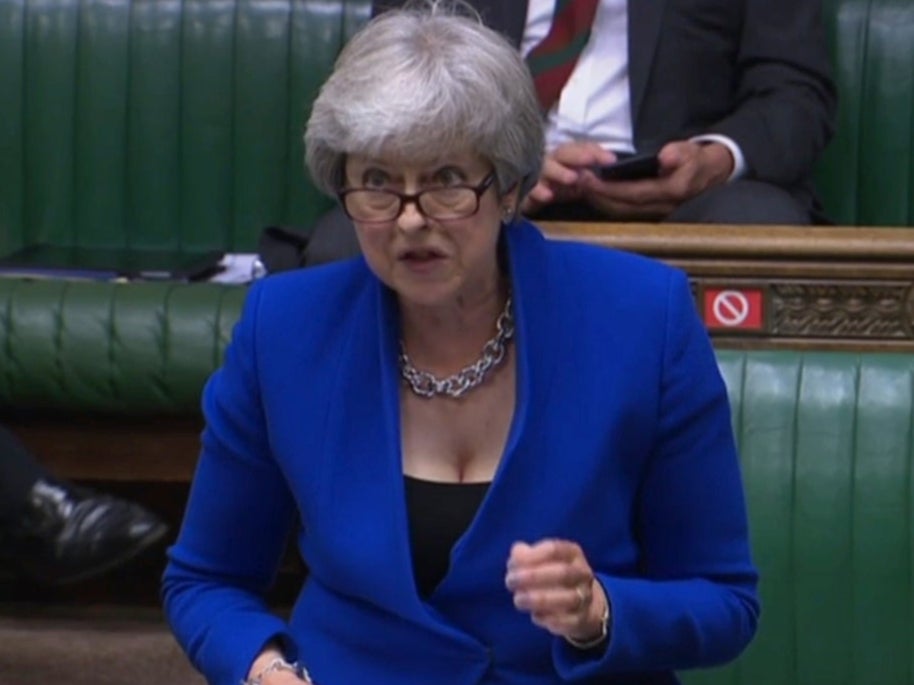The government’s victory in cutting aid is troubling – so what can be done now to protect the world’s poorest?
Editorial: Public finances are of course under great pressure, but cutting foreign aid was a choice by the government that it did not have to make

The UK should not “turn its back on some of the poorest people in the world”. That was the powerful argument that Theresa May put forward in the Commons yesterday against the decision by the government to cut the amount of foreign aid by £4bn, from 0.7 per cent of gross national income (GNI) to 0.5 per cent. That the Commons should reject her view and that of the opposition and win the vote with a majority of 35 may be unsurprising, given the size of the government’s overall majority. But the decision is a troubling one, not only for the immediate losses that will be suffered as a result of the cutbacks in planned spending, but also what it says about the future of the UK as an outward-looking nation that seeks to do the right thing for the world.
Public finances are of course under great pressure and will remain so, even as the economy recovers from the devastating effects of the pandemic. The government will have to take measures to bring back the deficit of more than £300bn last year to a sustainable level. This will require difficult choices, all the more so in the context of an ageing population and an underfunded health care system. However, the aid budget should be seen in the context of government tax revenues this year forecast by the Office for Budget Responsibility at £732bn. It was a choice by the government to cut back the aid budget that it did not have to make. The independent Institute for Fiscal Studies points out that total government revenues are forecast to climb solidly in the years ahead.
The decision has been made. So what is to be done?
Three things need to happen. First, this cut in the aid budget needs to be reversed as swiftly as possible. The government has committed itself to this aim. It must be held to that commitment.
Second, it needs to scrutinise the ways in which aid money is distributed and spent. This is essential not only for the obvious reason that the smaller budget must be fine-tuned to protect the most vulnerable – Theresa May’s point – but also because the more effectively the money is spent the easier it will be to build support across the country for the reversion to 0.7 per cent of GNI. Without popular widespread support, the aid budget will remain vulnerable.
Third, it should remember that supporting poorer people in the emerging nations is not just about foreign aid. It is about the totality of the country’s policies towards supporting people in the rest of the world. These include the freeing-up of imports, something that the UK is now able to do unilaterally now that it is no longer a member of the European Union and Britain is not in its customs union. They also include facilitating the flow of migrants’ remittances, a substantial flow of funds towards emerging nations. For example, in 2018 both India and Nigeria received nearly £3bn in remittances.
That sounds impressive, but actually the UK sends abroad a smaller share of GDP than most other developed countries, and the transaction costs of sending money remain too high. Beyond these financial measures, the UK should remain open to foreign students from the emerging world and seek other ways of being a better global citizen than it has in recent years.
The decision by the government is deeply regrettable. The onus on it now is to minimise the damage that has been done, and to find other paths where it can contribute to the welfare of people beyond these shores. It is powerfully in the national interest to do so.
Join our commenting forum
Join thought-provoking conversations, follow other Independent readers and see their replies
Comments
Bookmark popover
Removed from bookmarks